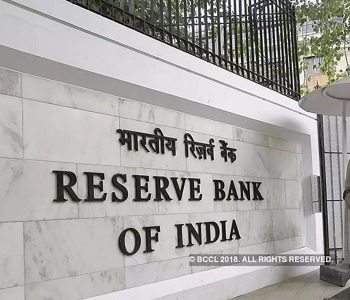Central bank flags governance lapses in commercial banks

KATHMANDU: The Nepal Rastra Bank (NRB) has raised a red flag on the governance practices of commercial banks, signaling potential risks to their long-term financial stability. In its recent ‘Bank Supervision Report 2022/23’, unveiled on Sunday, the central bank underscored systemic flaws in the day-to-day operations of several financial institutions.
The annual assessment conducted by the NRB scrutinizes the performance and adherence to regulations of class ‘A’ financial institutions. The report sheds light on critical shortcomings in credit systems, operational risk management, and policy implementation within commercial banks.
Among the key findings, the NRB highlighted deficiencies in policy formulation and implementation across various banks. It noted the absence of crucial policies and guidelines such as Recovery Planning Policy and Compliance Policy, coupled with lapses in timely reviews and updates of existing policies.
Moreover, board meetings in many banks primarily focus on credit-related matters and procurement, sidelining discussions on policy issues, compliance, and risk management functions. The lack of follow-up on previous decisions and directions to management further accentuates governance gaps within these institutions.
Another glaring issue highlighted by the NRB is the inadequate Management Information System (MIS) in supporting comprehensive risk management functions. Several banks have failed to conduct essential information security and system audits as mandated by NRB directives, exacerbating operational vulnerabilities.
The report also sounded the alarm on credit system malpractices prevalent in commercial banks. Many banks were found to extend personal loans exceeding Rs 5 million without specific purposes, contravening NRB directives. Instances of improper assessment of borrower requirements, over-financing, and breaches in debt equity ratios were also observed.
Additionally, several banks were criticized for renewing customer loans without obtaining requisite documents for credit appraisal, leading to discrepancies in loan exposure reporting to the NRB.
Operational risk management emerged as another area of concern, with some banks lacking proper systems for identifying key risk indicators and documenting risk registers. Insufficient MIS reports further compounded compliance challenges, with critical reports like problem loan reports and loan commitment reports missing from the system.
The NRB also raised issues regarding the efficacy of banks’ video surveillance setups, citing deficiencies in investigating misconduct and reporting suspicious activities. Subpar CCTV maintenance, including inadequate backup and blurred visibility, undermined fraud detection capabilities and compromised security measures.
As the NRB calls attention to these governance lapses, commercial banks face mounting pressure to rectify deficiencies and bolster regulatory compliance. The findings underscore the imperative for robust governance frameworks to safeguard the stability and integrity of Nepal’s banking sector amidst evolving financial landscapes.














Facebook Comment